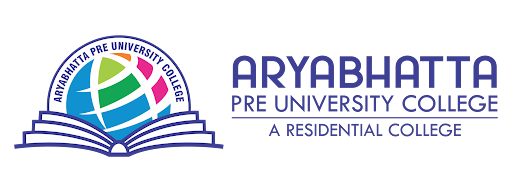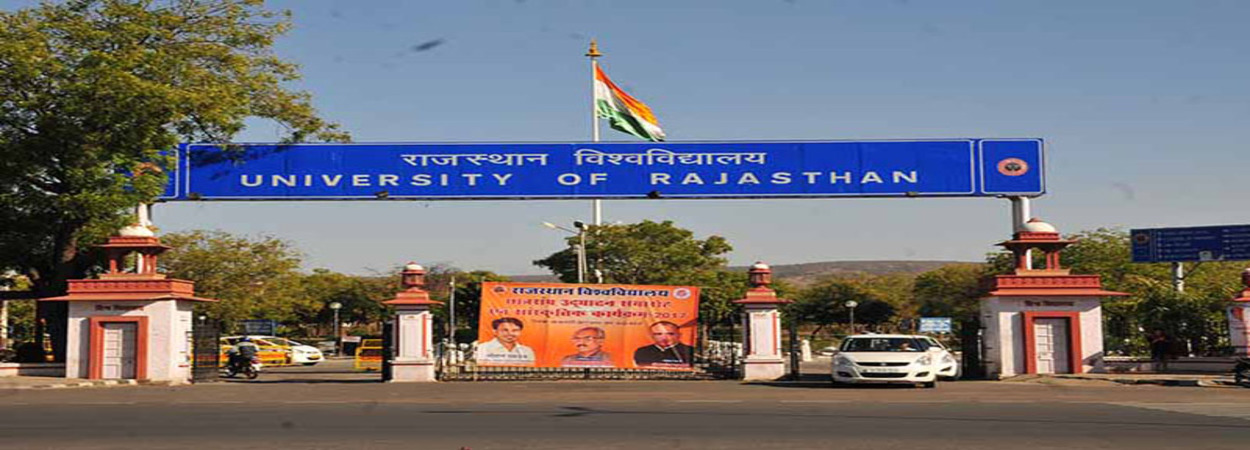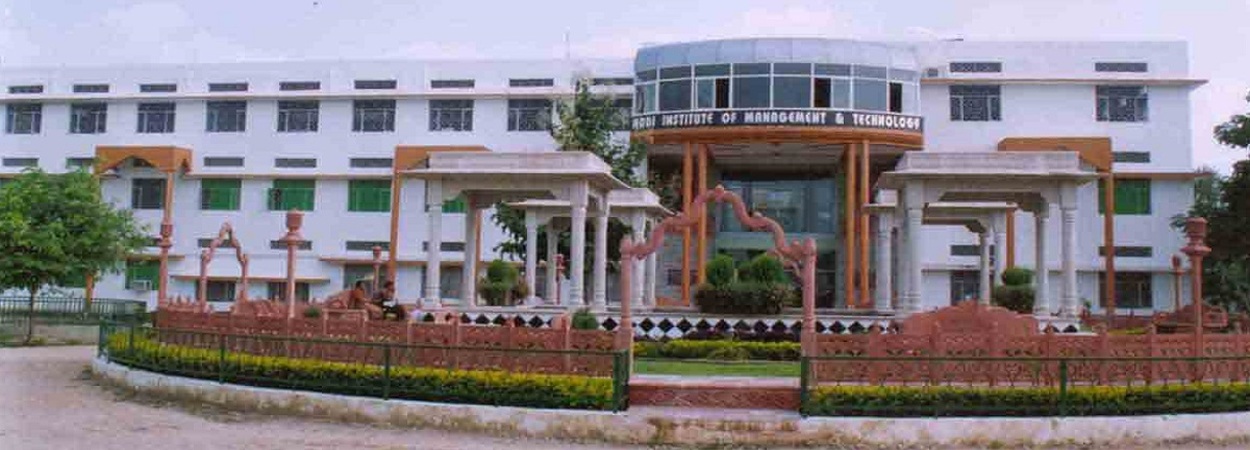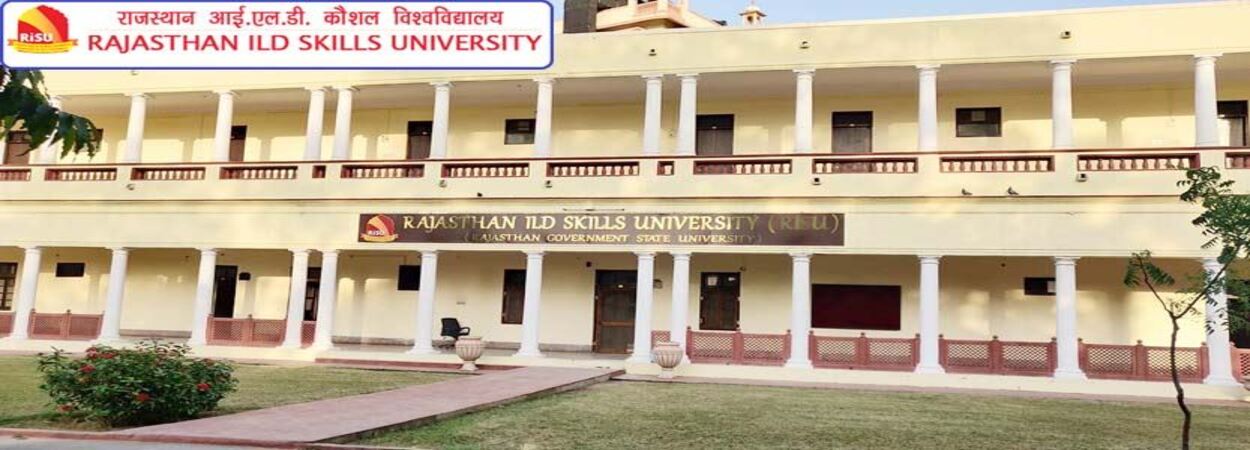Introduction about Ph.D. From Arybhatta Knowledge University
Arybhatta Knowledge University (AKU), located in the culturally rich and historically significant state of Bihar, has rapidly emerged as a beacon of higher education in the region. Established with the vision to elevate academic standards and foster cutting-edge research, the university has expanded its offerings to include a diverse range of undergraduate, postgraduate, and doctoral programs. One of its flagship endeavors is the Ph.D. program, which aims to nurture scholars capable of contributing original insights and innovations across various academic disciplines. Whether your interest lies in engineering, management, social sciences, medicine, or allied fields, the Ph.D. program at Arybhatta Knowledge University is structured to provide both the academic rigor and the supportive ecosystem essential for advanced research. A key hallmark of AKU’s doctoral program is its emphasis on interdisciplinary learning and real-world applicability. Recognizing that modern research problems often transcend the boundaries of a single discipline, the university encourages doctoral candidates to collaborate with peers, faculty members, and industry experts from multiple domains. This approach not only broadens the intellectual horizons of the scholars but also ensures that the research outcomes have practical relevance. The campus is equipped with state-of-the-art laboratories, digital libraries, and collaborative workspaces, thereby offering an environment conducive to both theoretical explorations and empirical studies. In addition to academic infrastructure, Arybhatta Knowledge University places a strong focus on mentorship. Each Ph.D. candidate is guided by an experienced faculty supervisor who helps refine research objectives, methodologies, and theoretical frameworks. This mentor-mentee relationship is further enriched by seminars, workshops, and conferences organized by the university, allowing scholars to present their work, receive feedback, and network with leading academics in their field. Moreover, the university is committed to maintaining high ethical standards in research, requiring doctoral candidates to undergo training in research ethics, plagiarism checks, and best practices for data collection and analysis. Financial constraints often pose a challenge to aspiring doctoral candidates, and AKU addresses this by offering various scholarships, fellowships, and grants to deserving students. This inclusive approach ensures that individuals from diverse socio-economic backgrounds can pursue their academic ambitions without undue hardship. Furthermore, the university’s location in Bihar—a state known for its rich academic legacy dating back to ancient institutions like Nalanda—provides a vibrant cultural backdrop that fosters intellectual curiosity and community engagement. By choosing to pursue a Ph.D. at Arybhatta Knowledge University, you join a growing community of scholars dedicated to pushing the frontiers of knowledge and driving transformative change. The subsequent sections of this blog will provide a detailed overview of the fee structure, admission process, required documents, syllabus, research methodology, university highlights, scholarship opportunities, and frequently asked questions, equipping you with all the information you need to embark on your doctoral journey.
Fee Structure for Ph.D. in Arybhatta Knowledge University
| Tuition Fee Per Year | Registration Fee | Total Fee |
| INR 80,000 | INR 10,000 | INR 90,000 |
| INR 85,000 | INR 10,000 | INR 95,000 |
| INR 90,000 | INR 10,000 | INR 1,00,000 |
Please note that the figures in the table above are indicative and may vary based on the specific department, annual fee revisions, and the availability of scholarships or financial aid. Prospective candidates are strongly advised to visit the official Arybhatta Knowledge University website or contact the admissions office to get the most up-to-date fee details. Additionally, keep in mind that certain departments may have additional charges for laboratory use, research materials, or fieldwork expenses.
Admission Process For Ph.D. in Arybhatta Knowledge University
The admission process for the Ph.D. program at Arybhatta Knowledge University is designed to be both comprehensive and transparent, ensuring that only the most committed and capable scholars secure a place. Below is an overview of the key steps involved:
- Check Eligibility Criteria: Typically, candidates must hold a Master’s degree or an equivalent qualification in a relevant field from a recognized institution, often with a minimum required percentage or CGPA.
- Obtain Application Form: Application forms can be downloaded from the university’s official website or obtained directly from the admissions office.
- Entrance Examination: Candidates are usually required to appear for a Ph.D. entrance test conducted by the university. Some departments may accept national-level exam scores (like UGC-NET, GATE, or equivalent) in lieu of this test.
- Interview/Proposal Presentation: Shortlisted applicants are invited for an interview or asked to present their preliminary research proposal to a panel of faculty members.
- Merit List & Offer Letter: Based on performance in the entrance exam and interview, the university publishes a merit list. Successful candidates receive a formal offer letter.
- Fee Payment: To confirm admission, candidates must pay the requisite tuition and registration fees within the stipulated deadline.
- Enrollment & Registration: Upon payment, complete the enrollment formalities, submit required documents, and register under a faculty supervisor for your Ph.D.
- Orientation & Coursework: Newly admitted scholars undergo coursework that covers advanced research methodology, domain-specific topics, and academic ethics.
It is recommended to regularly check the university’s official website for important dates, deadlines, and updates regarding the Ph.D. admission cycle.
Document Required For Ph.D. in Arybhatta Knowledge University
When applying for a Ph.D. program at Arybhatta Knowledge University, it is crucial to submit all the necessary documents to facilitate a smooth admission process. Below is a detailed list of commonly required documents:
- Academic Certificates & Transcripts: Copies of Bachelor’s and Master’s degree certificates, along with mark sheets or transcripts that clearly indicate the subjects studied and grades obtained.
- Entrance Exam Scorecard: If applicable, submit your scorecard for the university’s entrance exam or any recognized national-level exam like UGC-NET or GATE.
- Research Proposal: A preliminary outline of your intended research area, objectives, and methodology (if required at the application stage).
- Identity Proof: Government-issued ID such as Aadhaar Card, Passport, or Voter ID.
- Passport-Sized Photographs: Recent color photographs as per the dimensions specified by the university.
- Migration & Transfer Certificates: Necessary if you are shifting from a different institution or university.
- Category Certificate (if applicable): Candidates from reserved categories (SC/ST/OBC/EWS) should submit valid certificates to avail any applicable benefits.
- Experience Certificate (if any): Relevant work or research experience certificates can strengthen your application, especially for certain departments.
- Proof of Date of Birth: Typically a Class 10 certificate or birth certificate is accepted as valid proof.
Always cross-check the latest requirements on the official Arybhatta Knowledge University website or admission brochure to ensure you have the most accurate and up-to-date information.
Arybhatta Knowledge University Ph.D. Syllabus
| Semester | Core Topics | Elective Topics |
| Semester 1 |
|
|
| Semester 2 |
|
|
| Semester 3 |
|
|
| Semester 4 onwards |
| |
Arybhatta Knowledge University Research Methodology
- Defining Research Questions: Start by identifying gaps in existing literature and formulating clear, testable hypotheses or objectives.
- Choosing a Research Design: Opt for qualitative, quantitative, or mixed methods based on your research goals and the nature of the data.
- Sampling & Data Collection: Employ appropriate sampling techniques—random, stratified, or purposive—and use validated instruments (surveys, interviews, lab experiments) for data gathering.
- Data Analysis Tools: Utilize software like SPSS, R, or Python for quantitative analysis, and adopt thematic or grounded theory approaches for qualitative data.
- Ethical Considerations: Ensure informed consent, data confidentiality, and adherence to institutional guidelines for ethical research.
- Peer Review & Feedback: Present findings at departmental seminars and conferences for constructive critique and iterative improvements.
- Publication & Dissemination: Write research papers, submit to reputable journals, and participate in academic conferences to share your work.
- Iterative Refinement: Continuously adapt your methods as new data emerges or when initial hypotheses need revisiting.
- Documentation: Maintain detailed records of research procedures, data sets, and analytical processes for future reference and reproducibility.
Arybhatta Knowledge University Highlights
| Feature | Description |
| Location | Bihar, India – A state rich in historical and educational heritage. |
| Establishment | Founded in 20XX, rapidly gaining recognition as a hub for advanced learning. |
| Academic Portfolio | Offers a wide range of UG, PG, and Ph.D. programs across multiple disciplines. |
| Approvals & Accreditations | Recognized by UGC and other statutory bodies, ensuring credibility of the degrees awarded. |
| Faculty Expertise | A blend of seasoned academicians, industry professionals, and visiting scholars. |
| Infrastructure | Modern labs, digital libraries, seminar halls, and collaborative research facilities. |
| Research Orientation | Focus on interdisciplinary projects, innovation, and community-centric studies. |
| Student Support | Scholarships, mentorship, career guidance, and skill-development workshops. |
| Global Collaborations | Partnerships with international institutions for student exchange and research tie-ups. |
| Placement Cell | Dedicated team assisting graduates in securing academic and industry-related opportunities. |
How To Apply For Ph.D. in Arybhatta Knowledge University
- Visit Official Website: Begin by checking the university’s official portal for Ph.D. admission announcements, guidelines, and application forms.
- Register Online: Create an account by providing basic details like name, email address, and phone number, if an online application system is available.
- Fill Out Application Form: Complete the form accurately, including academic qualifications, research interests, and personal information.
- Upload Documents: Scan and upload mark sheets, certificates, ID proofs, and any other required documents in the prescribed format.
- Pay Application Fee: Make the payment through available online or offline modes. Keep the receipt or transaction ID for reference.
- Entrance Exam Preparation: If needed, study the syllabus for the university’s entrance test or confirm if your national-level exam scores can be used.
- Interview & Research Proposal: Shortlisted candidates may be called for an interview or asked to present a brief research proposal.
- Check Merit List: Monitor the official website for merit list updates. Successful candidates receive an offer letter.
- Pay Fees & Enroll: Once selected, submit the tuition fee, registration fee, and other charges before the given deadline to secure your seat.
- Start Coursework: Attend the orientation program, begin your research coursework, and connect with your assigned faculty supervisor.
Courses After Ph.D. in Arybhatta Knowledge University
- Post-Doctoral Research: Work under experienced faculty or industry experts to deepen your specialization and publish high-impact papers.
- Certification Courses: Enroll in short-term programs focusing on advanced methodologies, emerging technologies, or leadership skills.
- Executive Education: Ideal for Ph.D. holders looking to transition into managerial or administrative roles, covering strategic management and organizational leadership.
- Diploma in Specialized Fields: Pursue domain-specific diplomas in areas like Intellectual Property Rights, Clinical Research, or Tech Commercialization.
- Online Learning Platforms: Continue learning through MOOCs, webinars, and virtual conferences to stay updated on cutting-edge research.
Arybhatta Knowledge University Scholarship
Arybhatta Knowledge University recognizes that financial constraints can often pose a significant hurdle to aspiring researchers and academics. To address this, the university has established a robust scholarship framework aimed at encouraging meritorious students, promoting research innovations, and ensuring that deserving candidates are not denied an opportunity to pursue a Ph.D. due to economic limitations. These scholarships come in various forms—ranging from full tuition fee waivers and partial scholarships to research grants and stipends that help cover living expenses or fieldwork costs. The goal is to foster an inclusive and diverse research community that can collectively contribute to the growth of knowledge across multiple disciplines. The application process for these scholarships usually aligns with the Ph.D. admission cycle, thereby making it more convenient for applicants. While submitting your application for the doctoral program, you can indicate your interest in available scholarships or financial aid. The university’s scholarship committee then evaluates each application based on factors such as academic record, entrance exam performance, research proposal originality, and in some cases, socio-economic background. Some scholarships are also linked to industry collaborations or government-funded projects, providing a unique opportunity for scholars to engage in research that has direct industrial or societal impact. By offering a range of scholarship options, Arybhatta Knowledge University seeks to ensure that every motivated scholar has the opportunity to excel, regardless of their financial standing. This commitment not only elevates the overall standard of research at the university but also paves the way for ground-breaking innovations and interdisciplinary explorations. Moreover, recipients of these scholarships often gain access to specialized mentoring, additional resources, and a network of peers and professionals who can guide them in their academic and career pursuits. Below are some of the prominent types of scholarships offered:
- Merit-Based Scholarships: Awarded to top performers who exhibit exceptional academic records and high scores in entrance exams.
- Research Grants: Targeted funding for specific projects that show strong potential for innovation or societal benefit.
- Need-Based Assistance: Financial support for economically disadvantaged candidates, ensuring equal opportunities in higher research.
- Industry Collaboration Scholarships: Sponsored by corporate entities focusing on research relevant to industry needs and challenges.
- Government Fellowships: National or state-level fellowships for eligible candidates, often covering tuition fees and providing monthly stipends.
Arybhatta Knowledge University FAQ's Regarding Ph.D.
- Q1: How long does it generally take to complete a Ph.D. at Arybhatta Knowledge University?
Answer: The typical duration ranges from three to five years, depending on the research complexity, coursework requirements, and timely submission of the thesis. - Q2: Is there a provision for part-time Ph.D. programs?
Answer: Yes, certain departments may allow part-time Ph.D. enrollment, especially for working professionals, subject to fulfilling specific eligibility criteria. - Q3: Can I apply for a Ph.D. program without an entrance exam score?
Answer: Typically, an entrance exam score is mandatory, but candidates with valid national-level exam scores like UGC-NET or GATE may be exempted from the university’s own test. - Q4: What are the key factors considered during the interview stage?
Answer: The interview panel usually assesses your research aptitude, clarity of objectives, relevance of your proposed topic, and overall academic preparedness. - Q5: Does the university assist in job placements after the Ph.D.?
Answer: Arybhatta Knowledge University has a placement cell that provides guidance for academic, industrial, and research-oriented roles, but placements may vary based on your specialization. - Q6: Are international students eligible for the Ph.D. program?
Answer: Yes, international applicants can apply, but they must meet the same academic criteria and may have to provide additional documentation like student visas and English proficiency scores. - Q7: How is the research environment on campus?
Answer: The university fosters a collaborative research culture, offering well-equipped labs, digital libraries, and frequent seminars or workshops to enhance scholarly interaction. - Q8: Can I change my research supervisor or topic midway through the program?
Answer: While possible, such changes require approval from the departmental committee and your current supervisor. A valid justification is also necessary to ensure academic coherence. - Q9: Are there any mandatory publication requirements during the Ph.D.?
Answer: While not universally mandated, most departments strongly encourage publishing in peer-reviewed journals to strengthen academic credentials and contribute to scholarly discourse. - Q10: What if I need an extension beyond the usual Ph.D. duration?
Answer: Extensions may be granted on a case-by-case basis, subject to departmental and university regulations. You would typically need to provide valid reasons and progress reports.

















